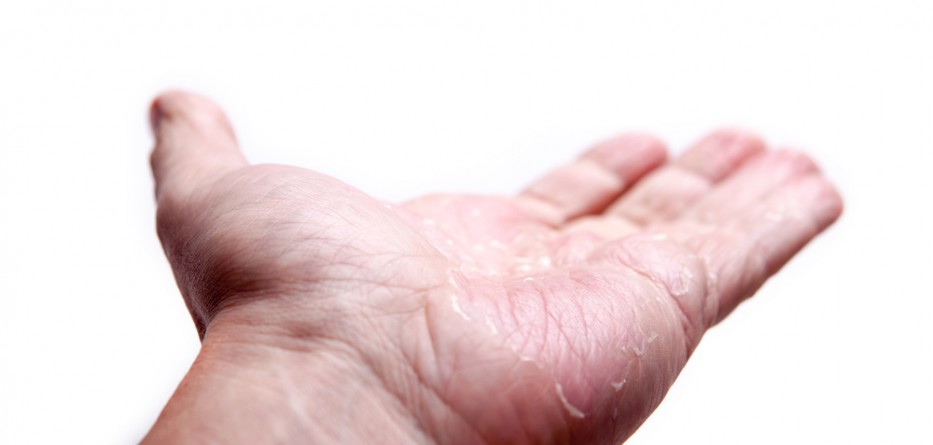Atopic dermatitis is the most prevalent eczema type, affecting upwards of 18 million people in the United States. The condition presents itself as patches of red, dry, and itchy skin, usually appearing on the face, arms, and legs.
Atopic dermatitis usually develops in infancy, over the course of an infant’s first 6 months. Despite being a prevalent type of eczema, it is usually chronic and may manifest itself in severe symptoms. Atopic dermatitis has a recurrent nature, meaning the symptoms come and go with varying levels of severity.
In a majority of cases, atopic dermatitis improves with age. However, there are children who never outgrow the condition and continue to experience symptoms in adulthood.
Atopic dermatitis also has a strong connection to allergic rhinitis (hay fever) and asthma. Individuals with allergic rhinitis or asthma, or a family history of these conditions, are at an increased risk of getting atopic dermatitis.
Atopic Dermatitis Causes
Experts have not yet identified the root cause of atopic dermatitis. However, they have concluded that a variety of factors—both environmental and genetic—play a role in inciting the immune system reaction responsible for the inflammation that results in eczema. Atopic dermatitis is also genetic and can be inherited.
Studies also demonstrate that some eczema patients—particularly those with atopic dermatitis—have a variation in a gene that is integral to the production of a protein known as filaggrin. This particular protein is responsible for maintaining the integrity and protective function of the skin barrier. With a filaggrin deficiency, the skin barrier does not get the support it requires to retain moisturize and protect the skin against various pathogens. This is the main reason most atopic dermatitis patients suffer from dry skin that is more susceptible to infections.
Approximately 10% of the world’s population develops atopic dermatitis in their lifetime. This type of eczema is particularly prevalent in urban regions and first-world countries. That said, patients with atopic dermatitis are not contagious, meaning you cannot catch this skin condition through contact with an individual who has it.
Featured Image: DepositPhotos/ traza



